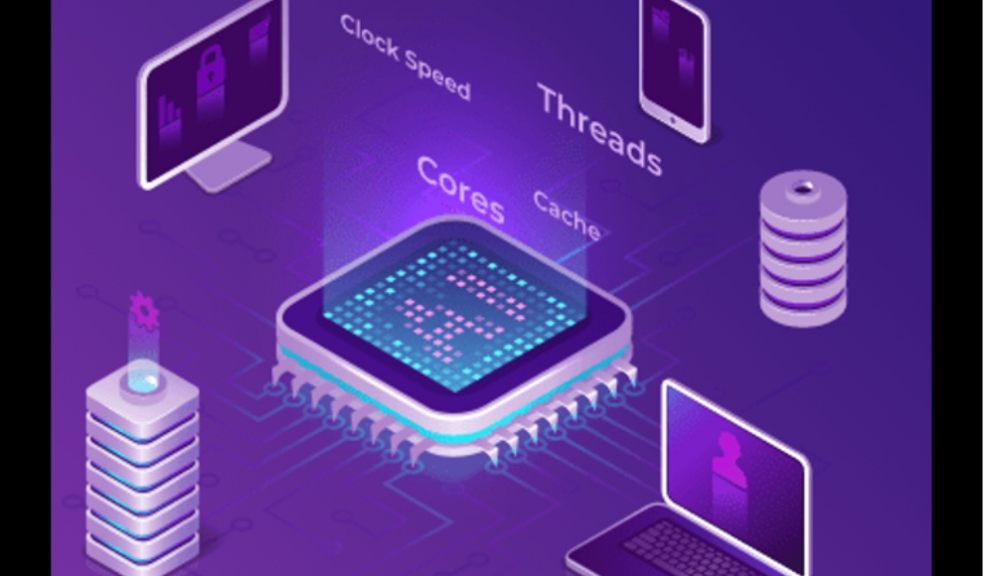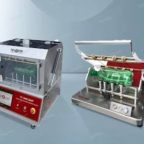
Server Processor Guide - The Most Common Questions Answered
How does a Processor Affect the Server's Performance?
One of the essential parts of a server is the CPU, often known as the processor. It manages all processing jobs and allocates resource demands between RAM, storage, and other system components.
Although other elements, such as storage design, might also have a significant impact, the performance of a dedicated server is frequently directly linked to the strength of the outfitted CPU. The version of all intensive jobs will typically rise with frequency per core and the number of cores.
Choosing the Right Server Processor for Your Needs
When purchasing a server, the following must take the following factors into account:
- Clock Speed:
Clock speed has a direct connection with the processing cycle. High clock speed means more processing cycles. Your server's processor needs to calculate continually to execute applications. You can say that clock speed is a primary indicator to measure a processor's performance and how steadfastly the processor can process.
- Core:
Cores are the units that perform a single task within the multicore central processing units. Cores handle individual tasks. These cores' main job is to process computing operations in a row. It allows the processor to process in a parallel manner of multiple computing instructions.
- Thread:
Thread refers to the number of processes a chip can manage simultaneously. Several cores decide the number of threads of a processor.
How much does CPU Speed matter when Running Servers?
CPU Speed is the primary and most crucial factor to consider for servers. The CPU behaves like the brain of a computer system, so durability and functionality are vital for the correct operations of the CPU.
A server processor manages the memory better, handling a large amount of data and best for security
Future of Processors in Servers
As the competition for CPU dominance intensifies, AMD and Intel are aggressively launching new server updates. The AMD Genoa and Intel Sapphire were anticipated in 2022. They do pack more memory channels and CPU cores.
Improving server hardware is the main focus of most enterprises, and no doubt processor is a crucial part of server hardware. As the processor is an essential part of server hardware, all the improvements in hardware depend on the processor's speed.
EPYC 7003 is a new server processor model launched by AMD in 2021. A 20% increase in performance speed is expected from EPYC 7003 than the previous processor generation. This new processor would be able to handle more workload, enabling high-performance computing programs to run faster.
AMD and Intel are going to make more server processor updates by 2022.
Ultimate Solution: VPS with Intel Xeon Processor
A game server needs a fast processor, frequency, and dependability; therefore, because of their extensive core count possibilities, Xeon processors have always been very well-liked by consumers, especially gamers. They do even better when you weigh the price against the Core i7's total processing capability across all cores.
Which server is best for you will primarily rely on your workstation or server's spending limit that you can usecomfortably. We strongly advise Xeon processors for high-end applications like 3D designing and rendering, deep learning, and other fields where the advantages of ECC RAM, larger cache, and maybe multiple CPUs are helpful.
VPS (virtual private server) hosting is beyond shared hosting. The best VPS server like Cloudzy VPS will improve your site performance and give you more control than the shared resources. If your site is facing slow performance, then it's high time to upgrade your web hosting.
Conclusion
It matters a lot what kind of processor you select. Therefore, before purchasing a processor for your server and considering your budget, you should first decide what you plan to do with it. We assure you that Cloudy is the best place to get a deal as you get most of what you paid: perfect memory, high-performance, highly-redundant storage arrays, and multi-gigabit network connections.
FAQs
- How can I use AC power at its maximum speed?
Firstly, you have to visit the Power Schemes tab in the Control Panel Power. Choose the "Home/Office Desktop" or "Always On" power configuration. Even if you have a notepad, that is!
- Why is my CPU incorrectly listed?
Vendors frequently release new processors before updating their documentation on how to identify them in situations like the processor name. Please leave a message on our forums if you think your CPU is being incorrectly identified.
- Why is the PC still slow when I have "Always On" turned on?
Even though you choose the "Always On" power strategy, if you are not experiencing the best CPU speed, it's conceivable that the computer is overheating. Numerous thermal zone points help the system to run correctly without heating up. The system reduces the clock speed in the lower temperature zones.
When operating, it's possible for some PCs, especially notebooks, to enter the lower thermal zones and experience a speed reduction. Nevertheless, Windows will turn off the computer if it gets too hot.
Check to ensure that debris or dust isn't obstructing the processor's air intakes or heat sink when troubleshooting overheating issues. Avoid using a pillow or blanket to support a laptop PC on your lap; doing so will act as an insulator, restrict airflow around the device, and hinder effective cooling.
Use a lap desk instead that has a hard, flat top. You may check the temperature of your CPU using tools like Motherboard Monitor or Speed fan. It will indicate whether the performance issue is heat-related.
- Will my CPU cooler fit in the case of my computer?
The short response is perhaps. Large heatsinks on CPU coolers might occasionally prevent them from fitting inside your computer case. Before you get your hands on a cooler, you’re your CPU. Kindly make sure that it is the same size as your CPU. Check the dimensions provided online, and if you can, look for instances of people who have previously coupled the cooler and case with success.



















